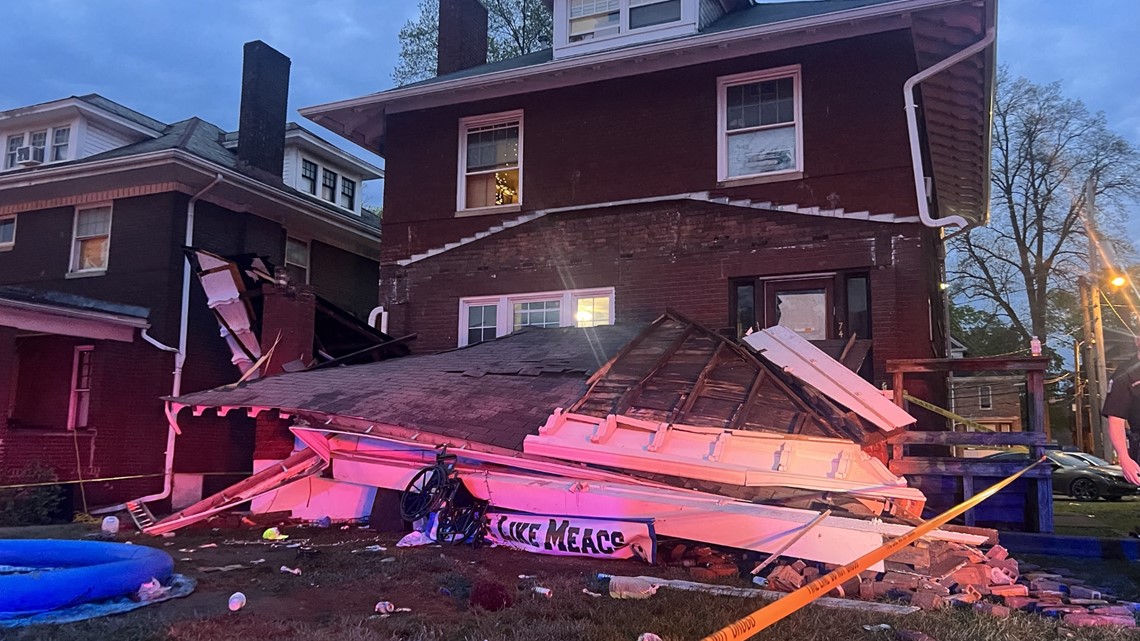In a significant legal decision, a federal appeals court ruled that Ohio State University (OSU) is immune from lawsuits seeking refunds of student fees paid during the COVID-19 shutdown. The ruling, issued on December 28, 2024, by the Sixth Circuit Court of Appeals, reaffirms that public universities in Ohio are protected by sovereign immunity under the state’s constitution, shielding them from claims for monetary damages in such cases.
The lawsuit was originally filed by a group of students who argued that they were entitled to partial refunds for fees covering services and facilities they could not access during the pandemic. The plaintiffs claimed that Ohio State continued to collect fees for campus facilities such as recreation centers, student unions, and other resources that were closed during the statewide shutdown in 2020.
### **Court’s Rationale**
In its decision, the appeals court determined that Ohio State, as a public institution, is an arm of the state government and is therefore entitled to sovereign immunity under the 11th Amendment of the U.S. Constitution. The court stated that while the students’ frustration and financial concerns were understandable, the law does not allow individuals to sue the state or its institutions for monetary damages without the state’s consent.
The court emphasized that this immunity extends to cases involving financial disputes over services impacted by the pandemic. “The shutdown was an unprecedented event that disrupted operations nationwide,” the court noted in its ruling. “However, Ohio’s constitutional framework protects its public universities from liability in lawsuits of this nature.”
### **Background of the Lawsuit**
The legal battle began in 2020, when students filed class-action lawsuits against several public universities, including Ohio State, arguing that they were owed refunds for tuition and fees. Many claimed that the transition to online learning and the suspension of in-person activities rendered the fees they paid unjustifiable.
At Ohio State, the disputed fees included those for recreational facilities, student activity programs, and other on-campus services. Plaintiffs argued that they had paid for access to specific resources, which became unavailable when the university shut down its campus and switched to remote learning in March 2020.
Ohio State, like many other institutions, argued that the fees were non-refundable and were necessary to cover ongoing costs associated with maintaining campus infrastructure and staff salaries, even during periods of limited access.
### **Reaction from Ohio State**
In response to the ruling, Ohio State issued a statement expressing relief at the court’s decision. “Ohio State University has consistently prioritized the health and safety of its students and staff during an unprecedented global pandemic,” the statement read. “We are pleased with the court’s recognition of our legal immunity and our commitment to supporting our students through challenging times.”
The university highlighted that it had implemented several measures to support students during the pandemic, including prorated refunds for housing and dining services, expanded financial aid options, and additional mental health resources.
### **Student Reactions and Legal Implications**
The decision has drawn mixed reactions from students and advocacy groups. While some acknowledged the legal complexities surrounding sovereign immunity, others expressed disappointment, arguing that students should not bear the financial burden for services they could not use.
“This ruling sets a concerning precedent,” said Sarah Johnson, a spokesperson for the advocacy group *Students for Fair Fees*. “Universities should be held accountable for charging fees for services they cannot provide. Students are already struggling with skyrocketing tuition and loan debt.”
Legal experts noted that the ruling could influence similar lawsuits against public universities across the country. Many institutions have faced lawsuits over pandemic-era fees, and the question of whether students are entitled to refunds has sparked significant debate.
### **Broader Context**
The COVID-19 pandemic forced universities nationwide to grapple with unprecedented challenges, including the sudden shift to online learning and financial strain caused by reduced enrollment and lost revenue. While many schools offered partial refunds for housing and dining services, most declined to refund tuition or other fees, arguing that education and administrative functions continued despite the pandemic.
The Sixth Circuit’s ruling reinforces the legal protection enjoyed by public universities in Ohio but leaves unresolved questions about the fairness of charging students for services they cannot access. As the higher education landscape continues to evolve in the wake of the pandemic, the case highlights the ongoing tension between student rights and institutional accountability.
For now, Ohio State and other public universities can rely on sovereign immunity to shield them from similar claims, but the debate over student fees during the pandemic is far from over. Some advocacy groups are calling for legislative reforms to ensure greater transparency and fairness in how universities handle fees during emergencies.
The plaintiffs have not yet announced whether they plan to pursue the case further or seek relief through alternative legal channels. However, the court’s decision represents a significant victory for Ohio State and other public institutions navigating the aftermath of the pandemic’s financial and legal challenges.










